The Environmental Impact of Bulk Wrapping Paper: Sustainable Attributes Analysis and Selection Guide
Amid the increasing global restrictions on plastic use and the gradual implementation of corporate ESG objectives, more retail, food, and logistics companies are switching to bulk wrapping paper for packaging improvements. This raises questions such as, "Does bulk wrapping paper add extra environmental burden?" and "Does it truly provide environmental benefits over pre-packaged paper?"
In reality, the environmental impact of bulk wrapping paper depends on its material choice, usage, and recycling process. Selecting high-quality bulk wrapping paper not only reduces environmental pressure but can also play a key role in lowering a company's carbon footprint and boosting its sustainability reputation. This article will examine the environmental features of bulk wrapping paper from three angles: environmentally friendly basics, risk reduction, and practical use, helping you choose options that better support your sustainability goals.
Does buying bulk wrapping paper have an impact on the environment?
The environmental impact of wrapping paper is a growing concern. Traditional wrapping paper is often made from non-renewable resources like wood pulp and may contain harmful chemicals and dyes. This impacts the environment not only during production but also contributes to landfills and pollution when discarded.
Fortunately, there are ways to reduce this impact. Choosing environmentally friendly and sustainable wrapping paper, such as recycled paper and biodegradable materials, can significantly reduce waste and lower the carbon footprint of gift wrapping. Furthermore, reusing and recycling wrapping paper further promotes sustainable development and helps protect our planet for future generations.
Compared to traditional packaging (particularly plastic packaging and overly hardcover pre-wrapped paper), compliant bulk wrapping paper has proven environmentally friendly throughout its lifecycle.
From the production side, High-quality bulk wrapping paper is often made from natural wood pulp. Using FSC-certified wood pulp means the raw material comes from sustainably managed forests (for every tree felled, a corresponding number of seedlings are replanted), thus avoiding the destruction of pristine forest ecosystems.
From the user's perspective, Bulk wrapping paper is supplied in bulk and can be used directly after unpacking. Compared to pre-packaged paper (each roll/sheet is individually wrapped in plastic film or cardboard), it can reduce packaging waste by over 30%, making it particularly suitable for high-volume applications (such as wrapping bread in food factories and protecting items in logistics warehouses).
From the disposal perspective, if made from pure wood pulp and without chemical coatings, bulk wrapping paper can be directly recycled into conventional paper recycling systems or degrade in the natural environment within 3-6 months (compared to the hundreds of years required for plastic packaging), posing a minimal risk of soil and water pollution.
Despite this, we still need to be vigilant about the potential environmental risks that may arise from this.
What are the risks that companies should focus on avoiding when purchasing?
Not all bulk wrapping paper is environmentally friendly. Some inferior products may even increase the environmental burden. Companies should focus on avoiding the following three risks when purchasing:
l Non-compliant materials, environmental pollution, and difficulty recycling: Some low-cost bulk wrapping paper uses recycled waste paper with fluorescent agents, heavy metals, or plastic fibers added to it to reduce costs. This type of paper not only fails to meet food contact safety standards but also contaminates recycled paper pulp upon disposal, rendering the entire batch of recycled paper unusable and ultimately forcing it to be incinerated or landfilled.
l Harmful coatings, blocking the degradation process: To achieve a more effective finish, some bulk wrapping paper is coated with paraffin or PVC. While these coatings enhance functionality, they also render the paper less biodegradable, contributing to microplastic pollution in the natural environment. Recycling processes also make the coating difficult to remove, increasing recycling costs.
l Poor sizing leads to waste: If bulk wrapping paper isn't customized to meet business needs (e.g., too wide or too thick), it requires frequent cutting. Excess scraps, if not sorted and recycled, become unusable waste. This seemingly minor issue, over time and in high volumes, can lead to wasted paper accounting for over 15% of purchased paper, indirectly increasing environmental pressure.
So, how to choose bulk wrapping paper?
Based on MTPAK's experience in the flexible packaging industry, companies can use the following three criteria to assess the environmental profile of bulk wrapping paper, taking into account both practicality and regulatory compliance.
Prioritize certified materials to ensure environmental protection at the source. For the simplest approach, look for bulk wrapping paper that is FSC certified or EU ECOCERT certified. If used for food packaging, additional verification should be made with FDA food contact certification and compliance with EU 10/2011. These certifications provide a foundational guarantee for the material's environmental and safety.
Avoid harmful coatings to maintain recyclability. If waterproof or oil-proof properties are required, choose bulk wrapping paper with a plant-based coating (such as soy ink) rather than coatings like paraffin or PVC. Plant-based coatings degrade along with the paper and do not affect recycling. If special features are not required, choose uncoated, pure wood pulp paper to maximize recyclability.
Customize sizes to minimize waste. Tailor the width, thickness, and pattern of bulk wrapping paper to the specific packaging application to avoid overkill.
What are the benefits for companies to use environmentally friendly bulk wrapping paper?
For businesses, choosing environmentally friendly bulk wrapping paper not only supports global environmental policies but also creates tangible brand value.
First, using biodegradable bulk wrapping paper avoids the need for additional "green taxes." Currently, many regions around the world impose additional environmental taxes on non-biodegradable packaging. For example, France imposes a very high tax rate of approximately 50 euro cents per kilogram on non-recyclable plastic packaging. Germany uses a tiered tax rate. Italy and Spain encourage the use of recycled materials, among other countries.
Second, eye-catching environmental labeling can enhance brand recognition. Labeling packaging with labels such as "FSC" or "recyclable" allows consumers to intuitively recognize a brand's commitment to environmental responsibility, especially in sensitive categories such as food and maternity products.
Furthermore, in the long term, environmentally friendly bulk wrapping paper can reduce waste disposal costs. It can be directly incorporated into regular paper recycling systems. If companies establish long-term partnerships with recycling organizations, they can even generate additional revenue from waste paper recycling.
Conclusion
The environmental impact of bulk wrapping paper is never black and white. While inferior products can cause pollution, high-quality, eco-friendly bulk wrapping paper can bridge the gap between packaging needs and global sustainability goals.
Whether you're celebrating Christmas, Hanukkah, or another holiday, if you're looking for environmentally certified bulk wrapping paper that's tailored to your specific application and supports customization, contact MTPAK. We offer customized eco-friendly flexible packaging solutions and printing services tailored to your industry (food/logistics/retail), usage (bulk/small batch), and functional requirements (waterproof/oilproof/food contact). We also provide comprehensive certification reports, helping you protect the environment while enhancing your brand's competitiveness.
Contact us to receive your eco-friendly bulk wrapping paper solution and samples!
Email:account@mtpak.com
Contact us:https://mtpak.com/contact-mtpak



